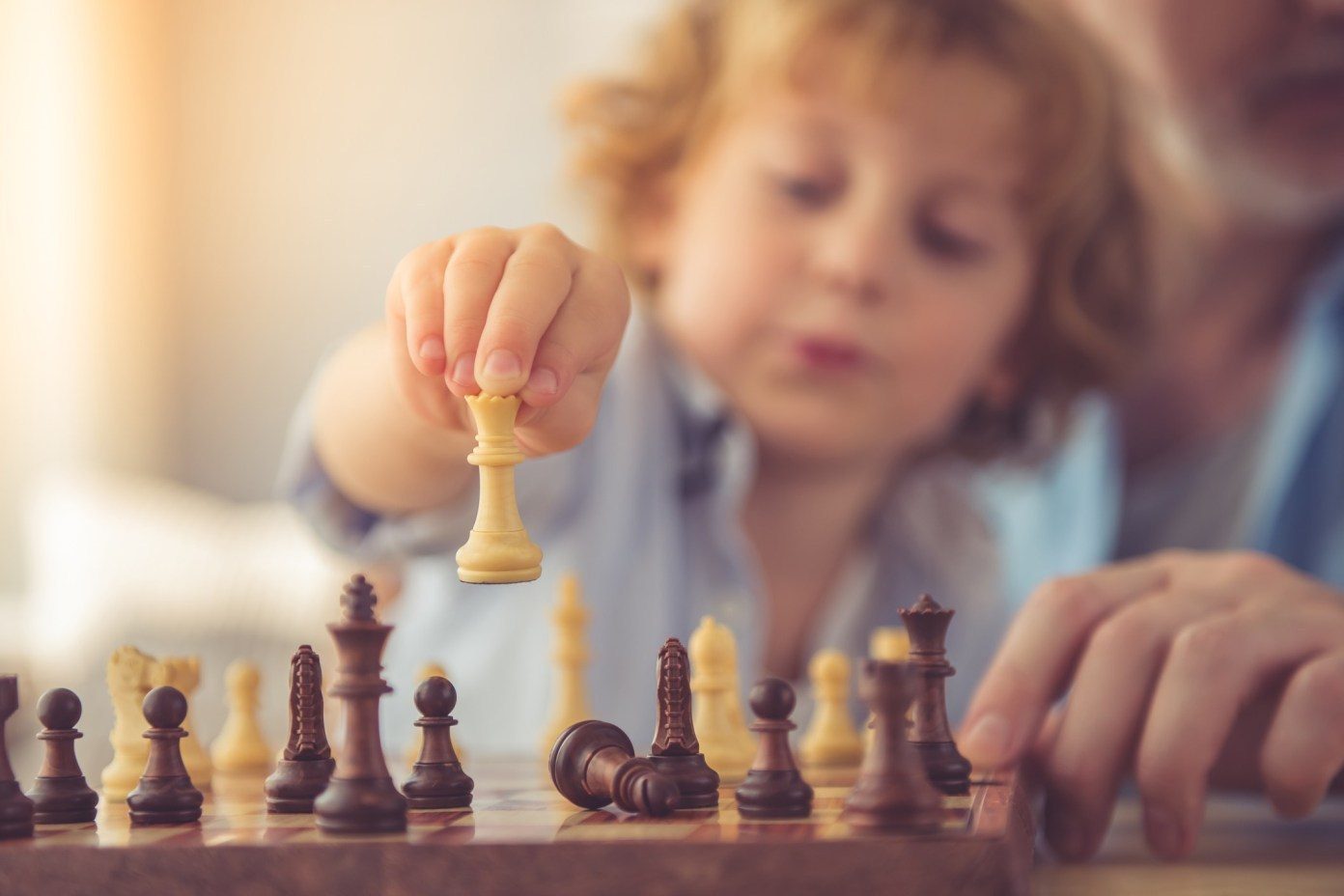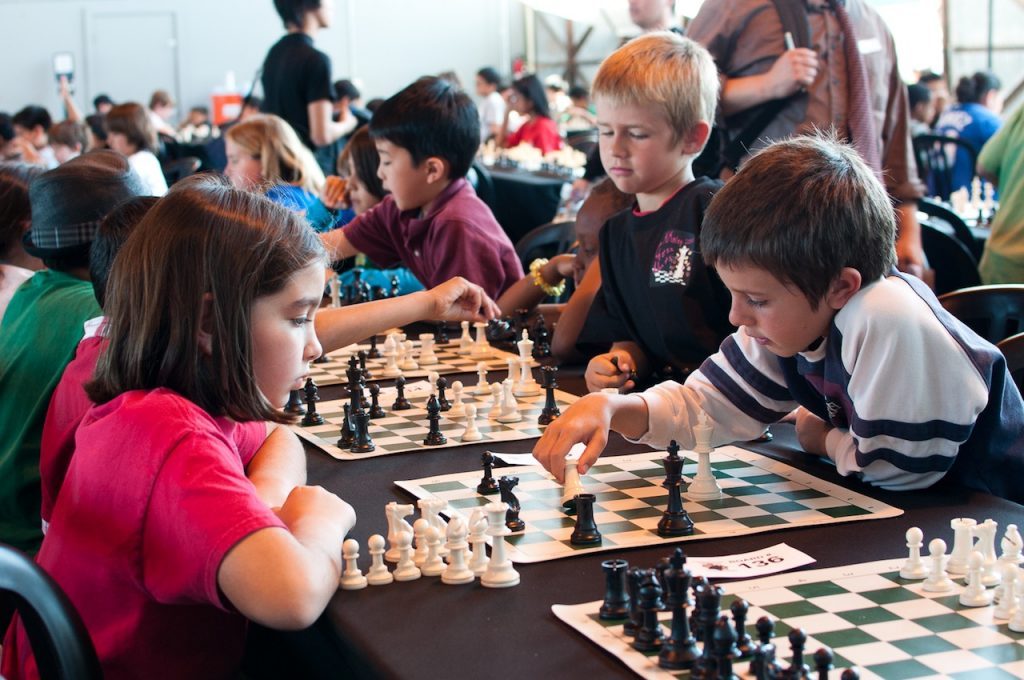Chess is more than just a game, it is the game of kings! There are tons of books based on chess and it’s benefits. We have all been heard that playing chess is extremely beneficial. Individuals state that, Chess is the game of smart people and that it increases IQ. All these sayings are not just based on a coincidence.
In this article, we will explore in the case of learning and playing chess brings genuine benefits to our mind.
Brain-boosting Benefits of Playing Chess with Your Kids
- Chess Improves Your Memory
- Chess Develops Problems Solving Skills
- Chess Helps You Concentrate
- Playing Chess Uses both sides of Your Brain
- Playing Chess Can Raise Your IQ.
- Chess Teaches Planning and ForeSight
- Chess Helps with Strategy Thinking
- Chess Improves Your Attention Span
- Chess Improves Reading Skills
- Chess Increases Creativity.
Chess Encourages Focus/Concentration
Considering that chess players often sit at the board and compute things for a long time, it is logical to expect that chess improves the ability to focus. Learning and playing chess shows kids the advantages of cautious perception and fixation. If the student doesn’t watch what’s happening, they can’t respond to it, no matter how smart they are.
Brain booster- Of course, chess is a great brain-booster, it is perfect for children who struggle to concentrate in school.
Stimulates Creative Thinking
It invigorates imaginative reasoning and improves language execution. Chess additionally improves a youngster’s visual memory, consideration, and thinking capacity. Thus, chess is observed as a significant educative tool for children.
A more youthful brain for more
Chess helps you practice your brain muscle daily by keeping younger for longer. With a brain that is always practiced can prevent mental illnesses such as dementia and even Alzheimer’s thanks to the good development of memory that produces the game of chess. One of the abilities required to prevail in chess is precisely having a good memory and this, consequently, prevents mental illnesses that happen because of loss of it.
Builds Patience
The normal round of chess continues for a considerable length of time, it takes around 40 moves before one player develops successful over the other. Every one of these moves must be deliberately determined, arranged and executed. The slightest slip in focus could lose a pawn, or an excessively forceful move could prompt a checkmate for the opposing player.
This careful figuring shows youngsters the righteousness of patience. Not only must they stay focused while waiting for the opponent’s move, but they should likewise practice patience by not surging the number of moves it takes to finish the game.
Teach your kids to play chess
When To Begin
Children can begin learning to play chess as early as the age of 5. Make sure to consider your kid’s development level by evaluating how they handle playing other games that include winning or losing. Children should realize how to take turns, and learn from losses. Likewise, ensure that your kid is keen on playing turn-based methodology games, as children must be interested in learning to play so that the game itself doesn’t turn into an errand.
After you’ve evaluated your kid’s status and have verified that it’s a great opportunity to begin, it’s time to introduce the chessboard and pieces and dig in!
Assist your kids with gaining bits of knowledge into the idea of competition which will help them in any competitive endeavour.


















